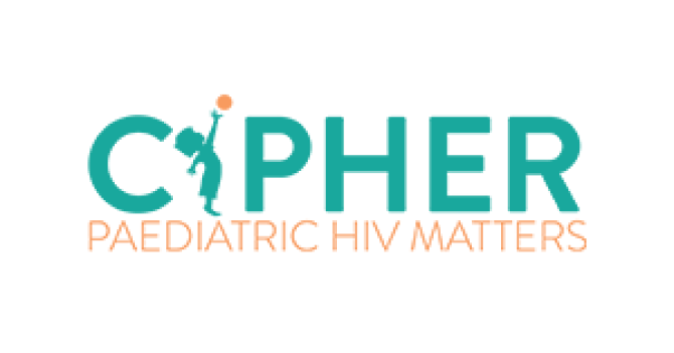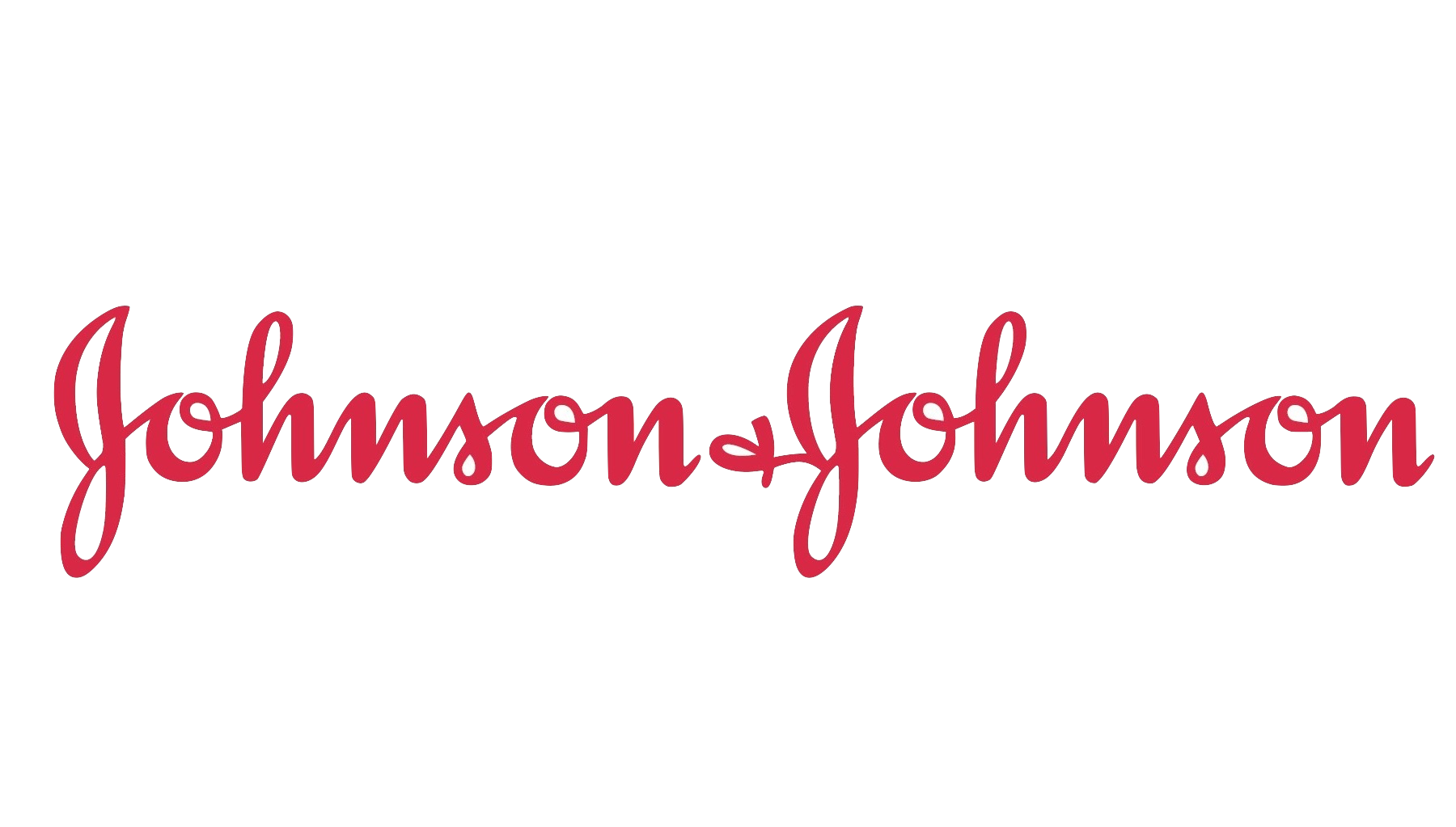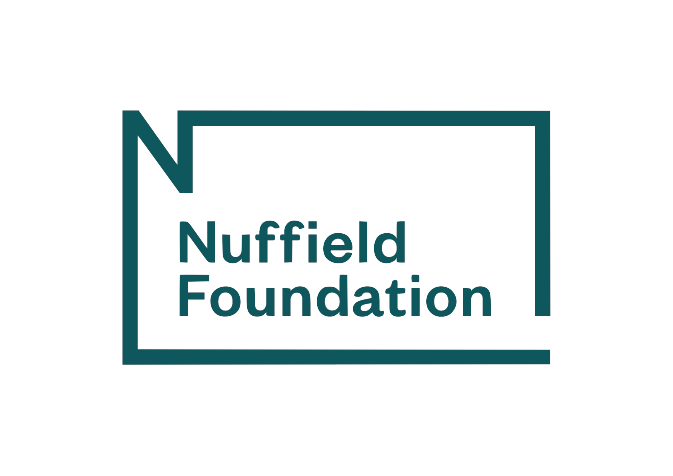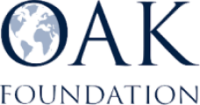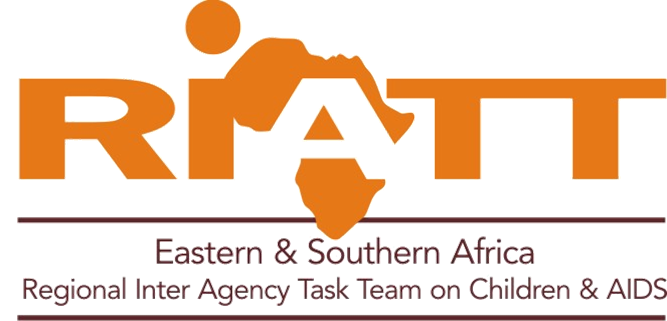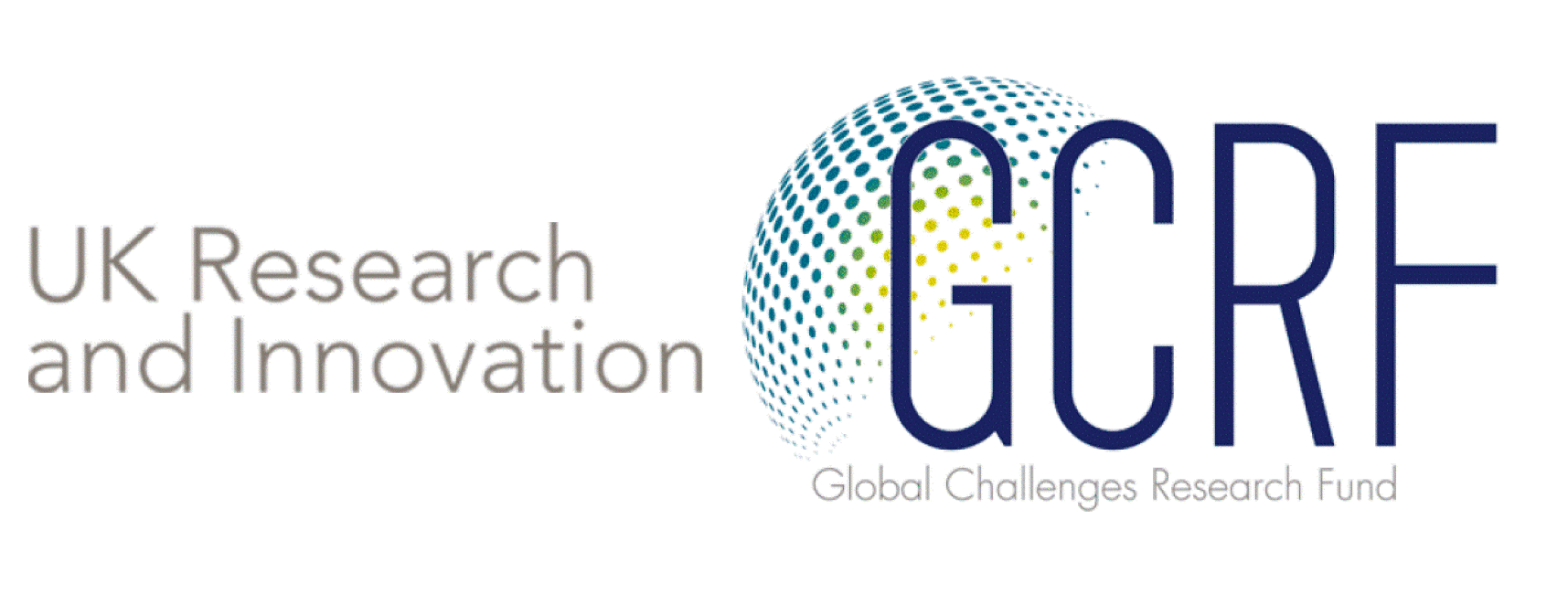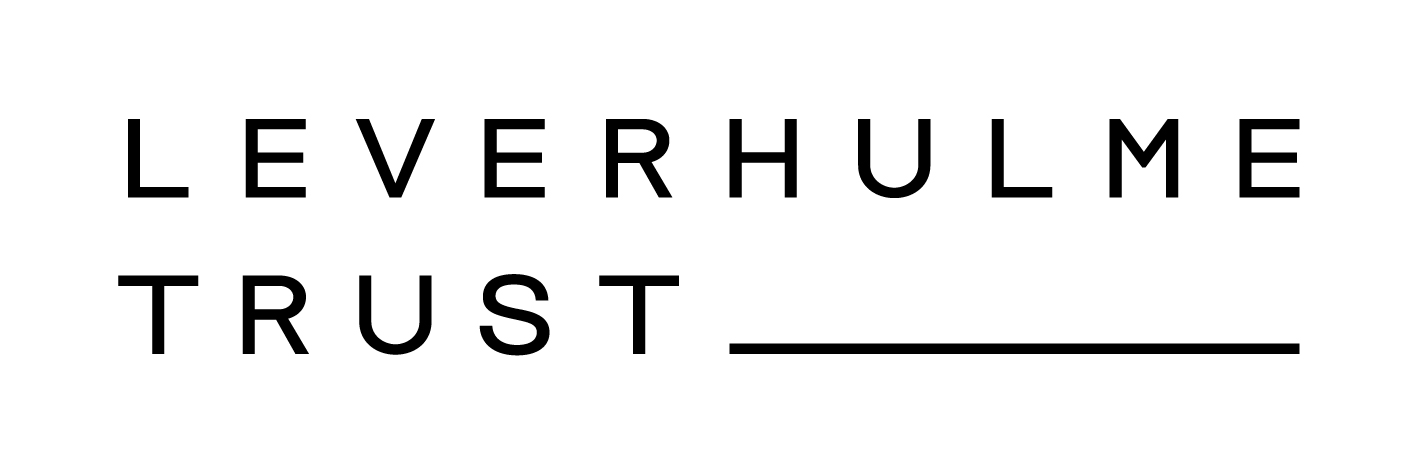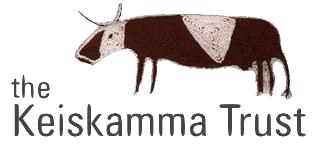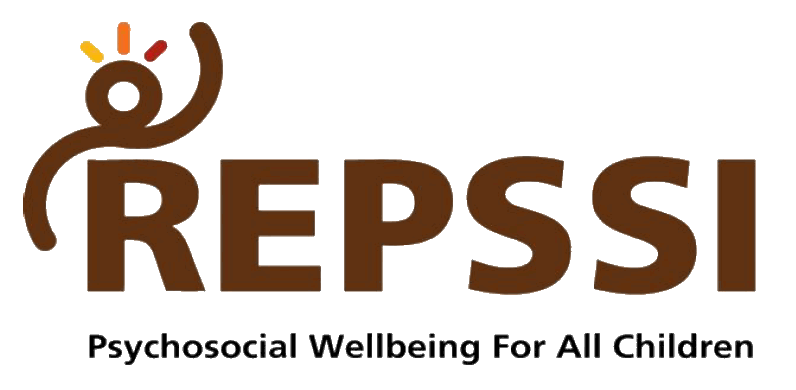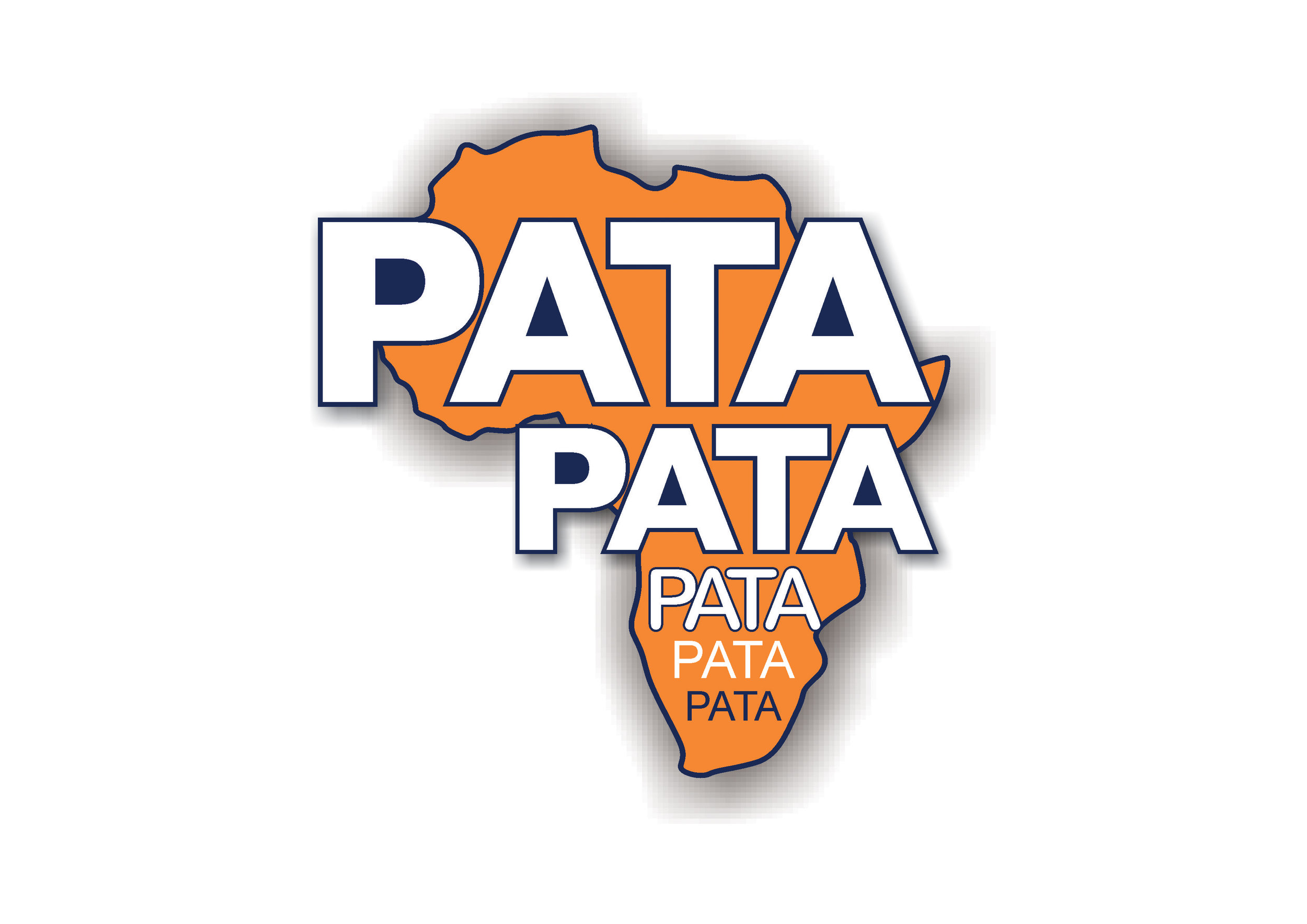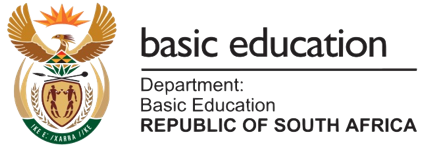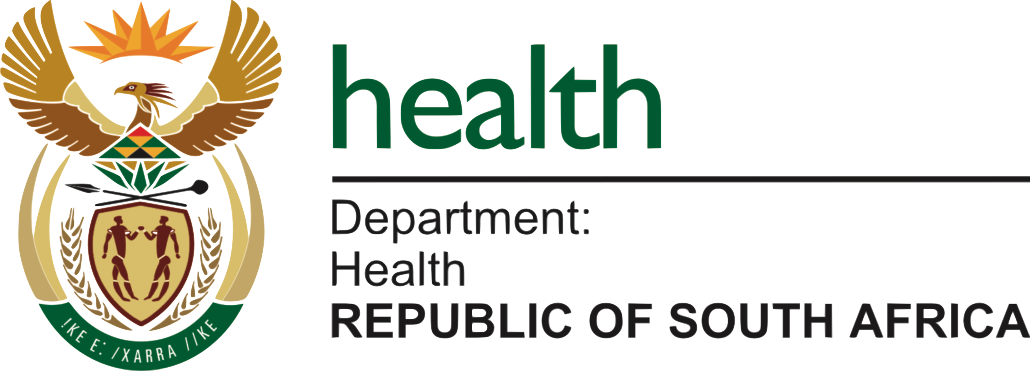“Thank you for loving us.”
A longitudinal, mixed-method, community study with a cohort of 1059 HIV-positive adolescents.
This research study is a collaborative effort between the South African national Departments of Health, Social Development and Basic Education, UNICEF, Paediatric AIDS Treatment for Africa (PATA), and the Universities of Cape Town and Oxford.
Background
Approximately 2.1 million adolescents live with HIV, of which 1.4 million are in Eastern and Southern Africa.
Antiretroviral treatment (ART) gives HIV+ adolescents opportunity to control their HIV infection and provide relief from associated illnesses. However, it requires careful and daily adherence. Few adolescents in South Africa get tested for HIV and of those who take ART, only around 21% still adhere after 6 months of treatment - even though antiretroviral medication is free in South Africa. This suggests there are significant barriers to young people accessing sexual and reproductive health (SRH) services and adhering to ART, but little evidence on ART adherence/non-adherence and SRH access/non-access exists.
The Mzantsi Wakho research site is located in the areas around East London in the Amatole District Municipality of the Eastern Cape in South Africa.
Working together with adolescents to better understand non-access to SRH services
AIMS
This research project is intended to promote ART adherence and SRH service access among HIV+ adolescents.
This study asks the crucial questions: what are the lived experiences of HIV+ adolescents in relation to ART and SRH, and what obstructs and/or promotes their ART adherence and utilisation of SRH services? The key aims of the Mzantsi Wakho project are:
To identify programme-relevant predictors of non-adherence to ART and non- access to SRH services for HIV+ adolescents in South Africa;
To engage with HIV+ adolescents using participative workshops to assess acceptability and improvement of potential service delivery models for ART and SRH services.
Using tablets, rather than paper questionnaires, allows for greater accuracy when collecting data
METHODOLOGY
The Mzantsi Wakho quantitative study is a longitudinal cohort of adolescents which combined three data sources: (1) social science questionnaires, (2) health records, and (3) facility profiles.
Adolescents were invited to participate in three rounds of interviews (baseline: 2014-15 (90% of eligible sample); first follow-up: 2016-17 (93% of baseline retained); second follow-up: 2017-18 (92% of baseline retained). Approximately 1100 adolescents living with HIV (ALHIV), and around 400 community peers not infected with HIV completed self-reported questionnaires with the support of research assistants, after providing voluntary informed consent (caregiver consent obtained for participants <18 years old).
ALHIV were recruited from health facilities providing ART care to adolescents in the catchment area, traced into their communities and schools, in collaboration with local community leaders, school staff and community health workers. The community control sub-sample was recruited during home and school visits – as long as they met age (10-19 years old at baseline) and consented to participate.
At each round of data collection participants were asked about various aspects of their life: school, physical, cognitive and mental health, friends, challenges, family, relationships, sexual and reproductive health, treatment and social support. Adolescents and young people responded to the questionnaires administered with the support of trained researchers on the OpenDataKit platform using android tablets. The questionnaires remained largely unchanged over the three waves of data collection (Timepoint 1, Timepoint 2, Timepoint 3).
Participants self-reported answers have since been complemented by matching with administrative data collected from healthcare facilities, such as health records from paper and computerised patient files, and have been enhanced with facility-level data from healthcare centres where adolescents received care. A more detailed study profile is available here.
CURRENT STATUS
Baseline data collection was completed in September 2015. A total of 1526 interviews were completed, of which 1059 are HIV+ teenagers, making this the world’s largest study of HIV+ adolescents. In early 2017 the second year follow up of data collection was completed, with baseline 94% retention rate. For findings on the follow up data please refer to the following report Adolescents and Youth Living with HIV and the Sustainable Development Goals: Findings from Mzantsi Wakho Year 2 (2016-2017). In early 2018 the third annual wave was completed, with baseline 94% retention rate. Data from the third wave currently undergoing data cleaning.
Study results had wide-ranging impact: the team wrote South Africa’s National Adolescent and Youth Health Policy (2017), informed UNAIDS’ and UNICEF programming, and a series of policy briefs with UNICEF ESARO and RIATT-ESA. The team presented findings in nearly 60 presentations at over two dozen conferences/ workshops, and shared results with several hundred stakeholders at the provincial, national, regional and international level.
Since baseline this Mzantsi Wakho research team identified a particularly vulnerable group of adolescent mothers and fathers (n=~220) within the Mzantsi Wakho cohort. In July 2017 data collection commenced for the HEY BABY study to assess pathways to resilience amongst adolescent parent families living with and without HIV. This is an incredible opportunity to understand what social, health and economic assets and support can improve outcomes for adolescent parent-child dyads who are living in severe adversity.
MEDIA COVERAGE
“How the UN’s new strategy could help development goals in the Eastern Cape”, Mail & Guardian, 14 March 2019: https://mg.co.za/article/2019-03-14-how-the-uns-new-strategy-could-help-development-goals-in-the-eastern-cape
Referral Protocol
Guidelines for referral and follow-up support: English
Main Funders
This project was also supported by: the John Fell Fund.
Other Funders
PARTNERS
Principal Investigators
Professor Lucie Cluver, Professor of Child and Family Social Work at the University of Oxford & Honorary Lecturer for the Department of Psychiatry & Mental Health at the University of Cape Town.
Dr. Rebecca Hodes, Director of the Aids and Society Research Unit in the Centre for Social Science Research at the University of Cape Town.




